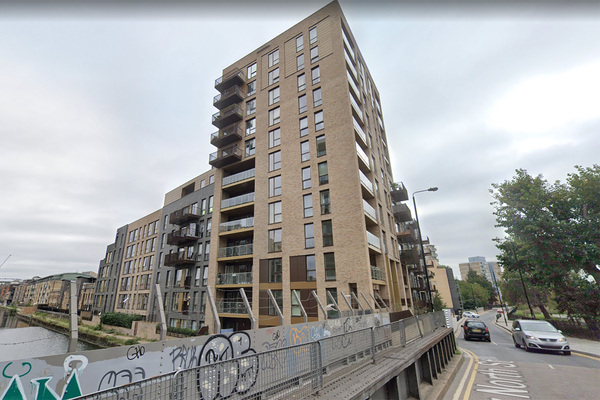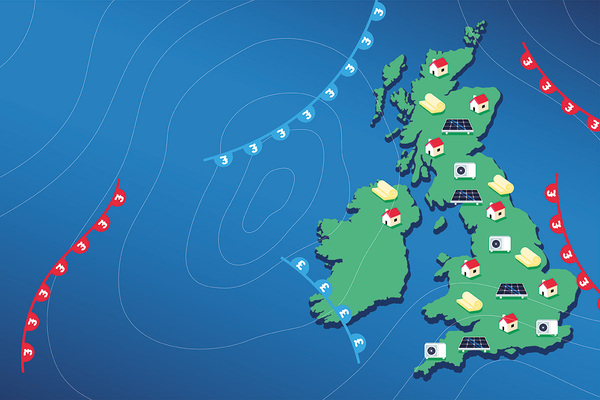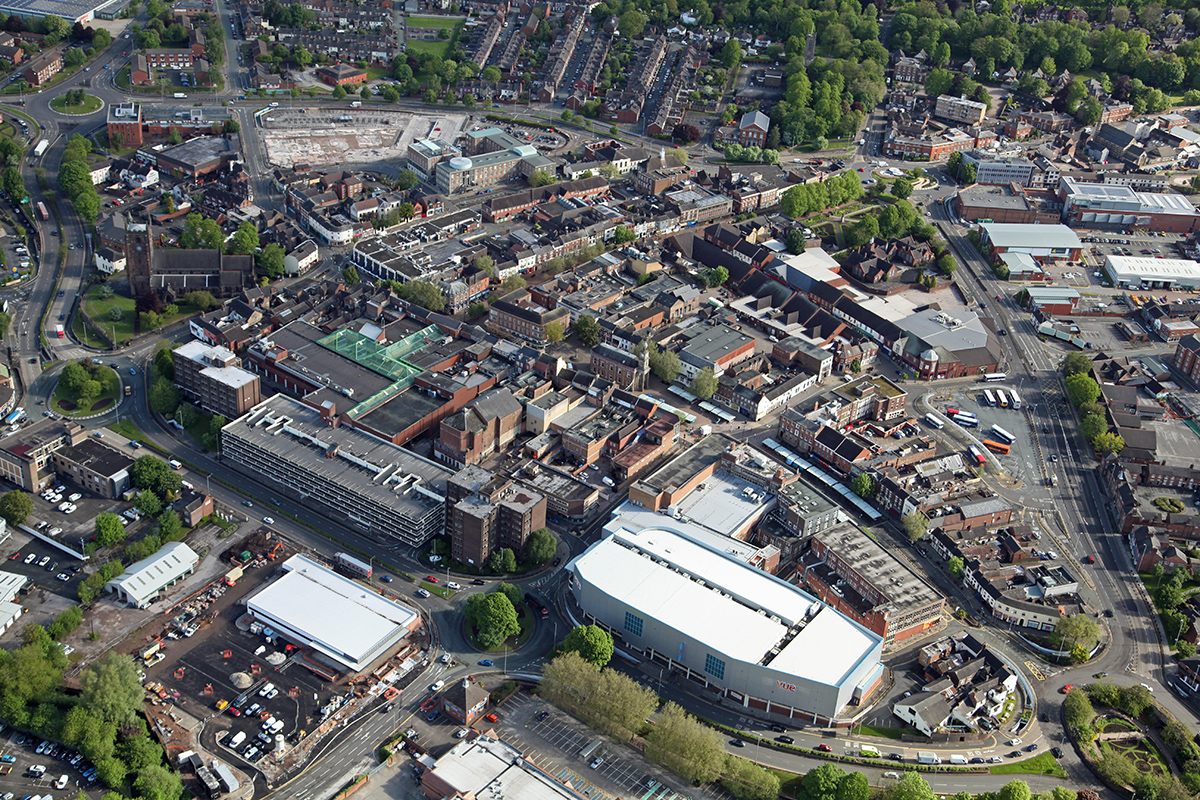Major housing associations form partnership to improve energy efficiency of 300,000 homes
Five of the largest housing associations in the UK have signed a partnership to improve the energy efficiency of their 300,000 homes and develop decarbonisation solutions for the sector.
The Greener Futures Partnership (GFP) is made up of Abri, Anchor Hanover, Home Group, Hyde and Sanctuary. All of which have a joint turnover of £2.3bn.
Over time the five housing associations intend to work together “to procure services, build skills and create jobs, and develop solutions that enable them and the wider sector to build more affordable and sustainable homes, while maintaining existing homes”.
A collaboration agreement has been signed by the partnership for an initial 12-month period, during which the partners plan to consider future structures and vehicles to support their aims around joint procurement and delivery.
The partnership collectively owns 300,000 homes, which represents a wide variety of stock including Victorian street properties, post-Second World War estates and modern developments.
Research by Inside Housing last year found that social landlords estimate it will cost an average of £20,000 per property to upgrade it to zero-carbon standards, with costs varying depending on the type of property.
One of the stated goals of the new partnership is to develop a “single credible approach to assessing the sustainability” of homes that goes beyond energy performance certificate (EPC) ratings.
The partnership said it also intends to build and share knowledge and expertise within the social housing sector and beyond. One of its first actions is to agree shared standards and pathways for various property types.
A five-point plan has been developed by the partnership with the following aims:
- Better inform residents on low-carbon solutions
- See a simplified low-carbon grant framework for housing associations to retrofit their properties
- Welcome the design of new financing options to support a low-carbon transition
- Address the skills challenge of adapting to new low-carbon technology
- Use the collective economic resources to negotiate better deals for residents
The GFP will be chaired during its first year by Peter Denton, chief executive of Hyde.
Mr Denton said: “The retrofit of homes, along with a sustainable approach to building new ones, will be a massive task and, while this is one of the best ways of helping the UK to start transition to a low-carbon economy, this will be a significant long-term challenge that needs action now.
“The GFP was founded on the principle that by working together to ‘green’ our homes, we can maximise the benefits of sustainable housing for our customers, their communities and society as a whole. Furthermore, we can benefit from the financial, technological and energy efficiency gains that collaboration brings.
“The scale of the carbon zero challenge means that we must do more than just co-operate – we need to truly collaborate if we are to tackle the issues effectively and at scale. The GFP signals the beginning of our commitment to join forces and resources as a sector to support the UK’s shift towards a zero-carbon future, to help the environment and improve the lives of millions of people.”
Sign up for our asset management newsletter
Already have an account? Click here to manage your newsletters














